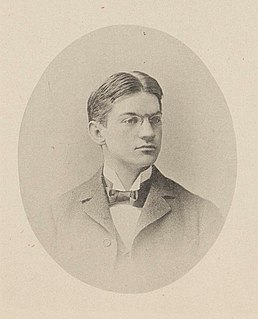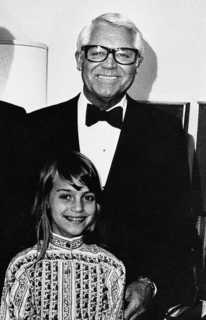A Quote by William Lyon Phelps
I divide all readers into two classes: those who read to remember and those who read to forget.
Related Quotes
Of John Le Carre's books, I've only read 'The Spy Who Came In From The Cold,' and I haven't read anything by Graham Greene, but I've heard a great deal about how 'Your Republic Is Calling You' reminded English readers of those two writers. I don't really have any particular interest in Cold War spy novels.
I would give them (aspiring writers) the oldest advice in the craft: Read and write. Read a lot. Read new authors and established ones, read people whose work is in the same vein as yours and those whose genre is totally different. You've heard of chain-smokers. Writers, especially beginners, need to be chain-readers. And lastly, write every day. Write about things that get under your skin and keep you up at night.
I remember him reading 'Sleeping Beauty,' and he would play the score by Tchaikovsky as he read it. We'd also read 'Winnie the Pooh,' and, you know, those probably that he most often read me were 'Beatrix Potter' books, 'The Tale of Jemima Puddle-Duck' and 'The Tale of Mrs. Tiggy-Winkle.' I still have at least 15 of them.
Read for yourselves, read for the sake of your inspiration, for the sweet turmoil in your lovely head. But also read against yourselves, read for questioning and impotence, for despair and erudition... and also read those whose darkness or malice or madness or greatness you can't understand because only in this way will you grow, outlive yourself, and become what you are.
Readers may be divided into four classes: 1) Sponges, who absorb all that they read and return it in nearly the same state, only a little dirtied. 2) Sand-glasses, who retain nothing and are content to get through a book for the sake of getting through the time. 3) Strain-bags, who retain merely the dregs of what they read. 4) Mogul diamonds, equally rare and valuable, who profit by what they read, and enable others to profit by it also




































